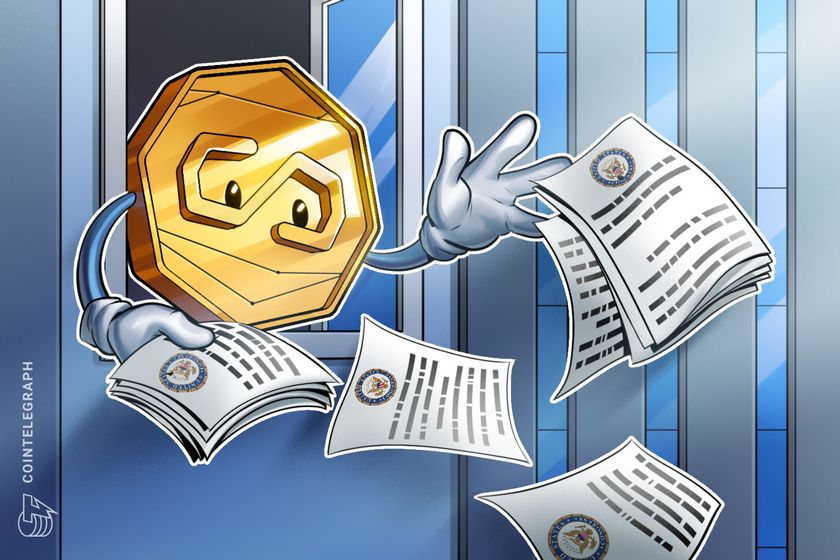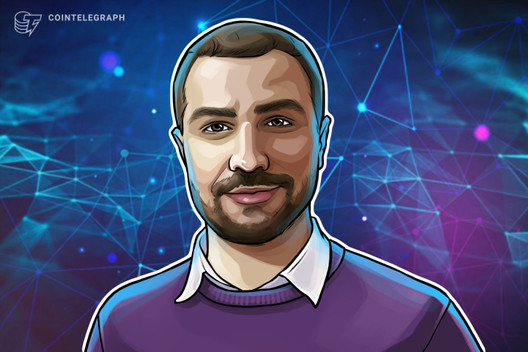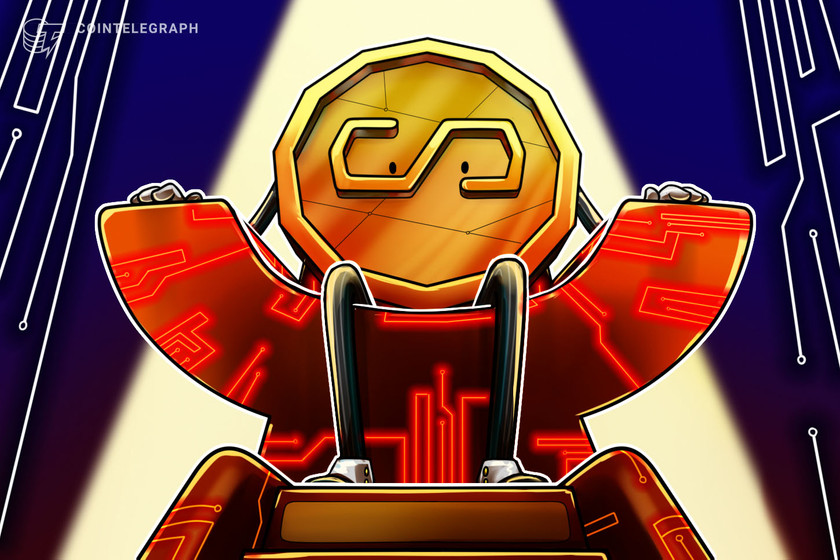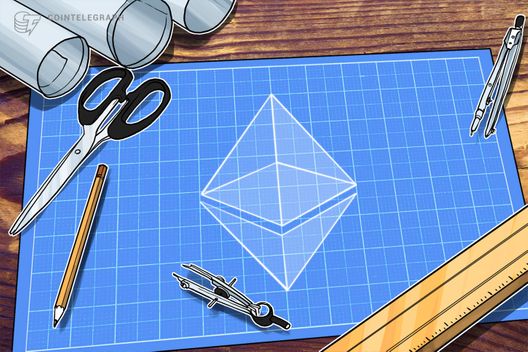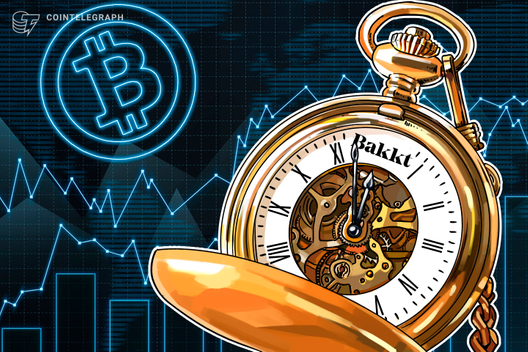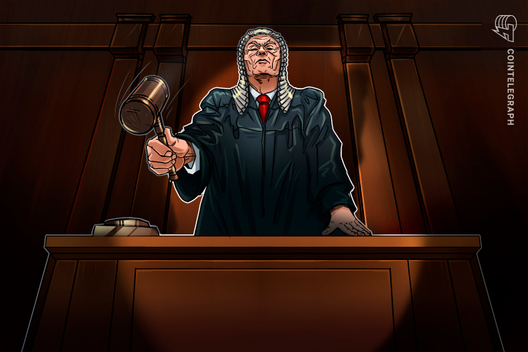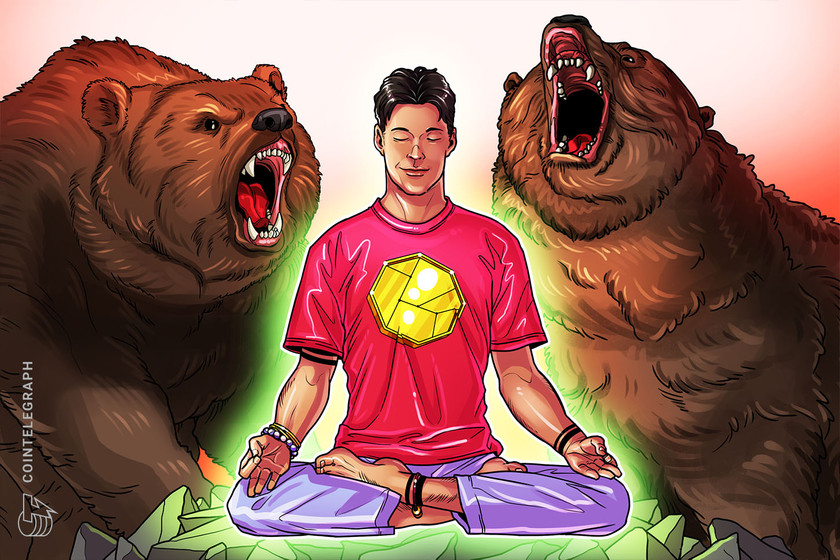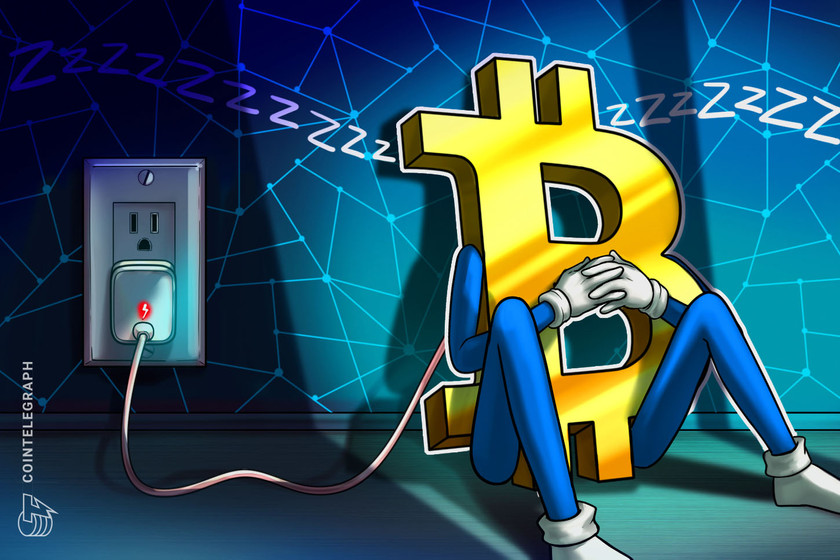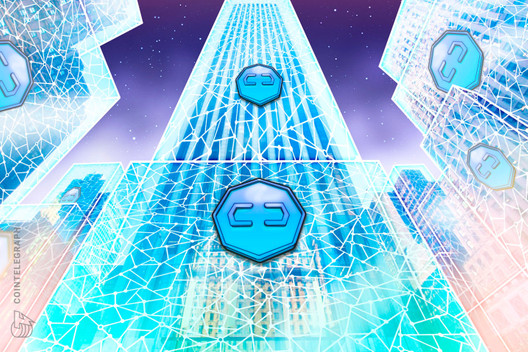DAOs: Where humans may fail, AI could succeed
Decentralized autonomous organizations (DAOs) offer a new way of organizing businesses in a non-hierarchical structure that encourages participation from every member of a community. With no central leadership and decisions made collectively, DAOs could revolutionize the way we think about work, but their implementation is not without challenges.
The term DAO is sometimes used to refer to a system of software processes that coordinates and operates itself in a fully automated way, relying on humans only indirectly via outsourcing specific pieces of work to them as needed. The classic example would be a blockchain-based network that sells file storage space or machine learning model training services, advertising its wares, renting hardware, accepting payment and so forth via automated scripts or smart contracts. The automated network could take care of every aspect of the organization — potentially, it could even include code enabling it to summon and pay a human accountant or lawyer when necessary.

Another interpretation of the term DAO is as a mode of organizing network software processes that may be individually governed by humans, but where the overall network is controlled and guided in a decentralized way without typical formal corporate structures or management.
Related: DAOs are the foundation of Web3, the creator economy and the future of work
In this sense, a DAO is a sort of collective, considered as an alternative to traditional corporate or non-profit structures, where members can be either humans or AI agents and are often only known to each other via rather opaque-looking IDs like cryptocurrency wallet addresses.
Applications
The DAO model is particularly viable in the crypto economy, which is based on decentralization and community participation. Unlike the traditional world, where small shareholders have no say in public company management, anybody can make proposals in DAOs and have them voted by the community of tokenholders.
These decentralized, open-sourced communities are often very engaged and participative, discussing the company vision, roadmap and financials in free-to-access online communities. This level of participation ensures consistent scrutiny, removing single points of failure in companies’ management, as well as fostering bias-free decision-making.
Related: DAOs will be the future of online communities in five years
However, the DAO mechanism is not exclusive to the world of cryptocurrencies and could be used in any sphere of life where it is beneficial for multiple humans — or multiple software processes with different owners — to come together to undertake common pursuits. As the usability of blockchain technologies increases, creating a DAO should become not much more difficult than setting up a Google Group.
Nevertheless, DAOs require a high level of education and participation, which is why there are currently no examples of fully decentralized and successful organizations. There are, however, organizations that are embracing this model and furthering their path towards decentralization. Metacartel is a good example of a semi-decentralized developer community; Aragorn has been successfully spinning off a number of DAOs and Compound is a good example of a DAO that might succeed over the years.

A somewhat curious example is ConstitutionDAO, a single-purpose DAO (SPD) with the sole aim of purchasing the first copy of the U.S. Constitution. Although the experiment contained some design issues and (narrowly) failed its mission, it had the merit of raising DAOs to the attention of the media.
Future developments
The future looks bright for DAO projects. As remote working becomes increasingly common, DAOs will become a popular business model for the gig economy, meaning that a community of independently organized freelancers will be able to join and contribute to DAOs in a decentralized manner, without depending on a central leadership structure.
A particularly interesting development of this business model will be AI DAOs, where a community of human participants votes for the AI agents that represent them in the DAO’s decision-making process, removing human bias. In this way, AI agents work collaboratively in a decentralized manner, reviewing and ranking each other.
It is likely that many DAOs in the blockchain world will start their life as a network of software processes that are largely controlled by humans, but will progressively increase automation as AI, blockchain and other allied technologies advance.

Related: Introducing the Trivergence: Transformation driven by blockchain, AI and the IoT
Moreover, the DAO structure will be the most beneficial organizational model for the first Artificial General Intelligences (AGIs) when they emerge. DAOs are more fundamentally and thoroughly democratic than other available modes of organization, and they intrinsically encourage cooperation and collaboration between humans and AI, which militates toward ethical AGI outcomes.
Implementation challenges
DAOs will grow naturally with community participation; the more people that get involved, the faster this model will start to take off. However, there are a few challenges to overcome before DAOs can become mainstream.
The idea of decentralized non-hierarchical company structures is not new per se; cooperatives have been around for over a century and there are several examples of decentralized community decision-making processes.
What is new is that we now have the technological tools to make this happen and to structure a system of incentives that encourages everyone’s participation.
Legally, the core issue with a DAO seems to be that, when an organization is set up in this manner, there is not necessarily any one specific human or small group of humans that can be held legally liable for what the DAO does. With no CEO and no board, there are only voters who may well be anonymous and very difficult to trace or identify.
Despite this, DAOs are becoming increasingly attractive to organizations that envision a future where every member of the community has a fair chance of having a voice. While there are still a few hurdles to overcome before they become pervasive, the future of work is set to be positively impacted by DAOs and there’s a strong chance that this model will gain momentum very soon.
This article does not contain investment advice or recommendations. Every investment and trading move involves risk, and readers should conduct their own research when making a decision.
The views, thoughts and opinions expressed here are the author’s alone and do not necessarily reflect or represent the views and opinions of Cointelegraph.
Marcello Mari is CEO of SingularityDAO, an independent project incubated by SingularityNET that brings DeFi and AI together. He was made head of public relations at SingularityNET in 2017, spearheading a campaign that Wired called the biggest tech hype event of the year. Marcello is a regular fixture on the stage at conferences such as TED and the AIBC conference, and he is also behind the Sophia NFT artwork drop.

